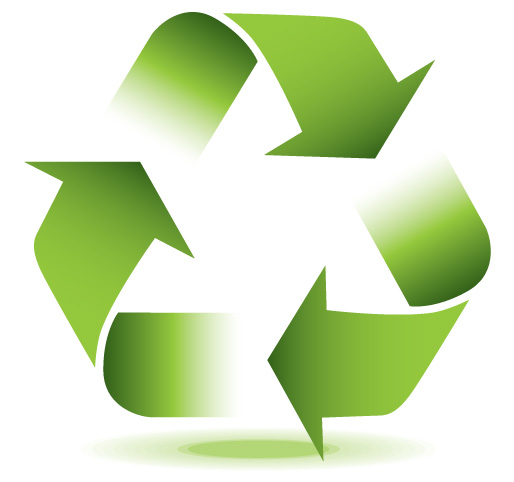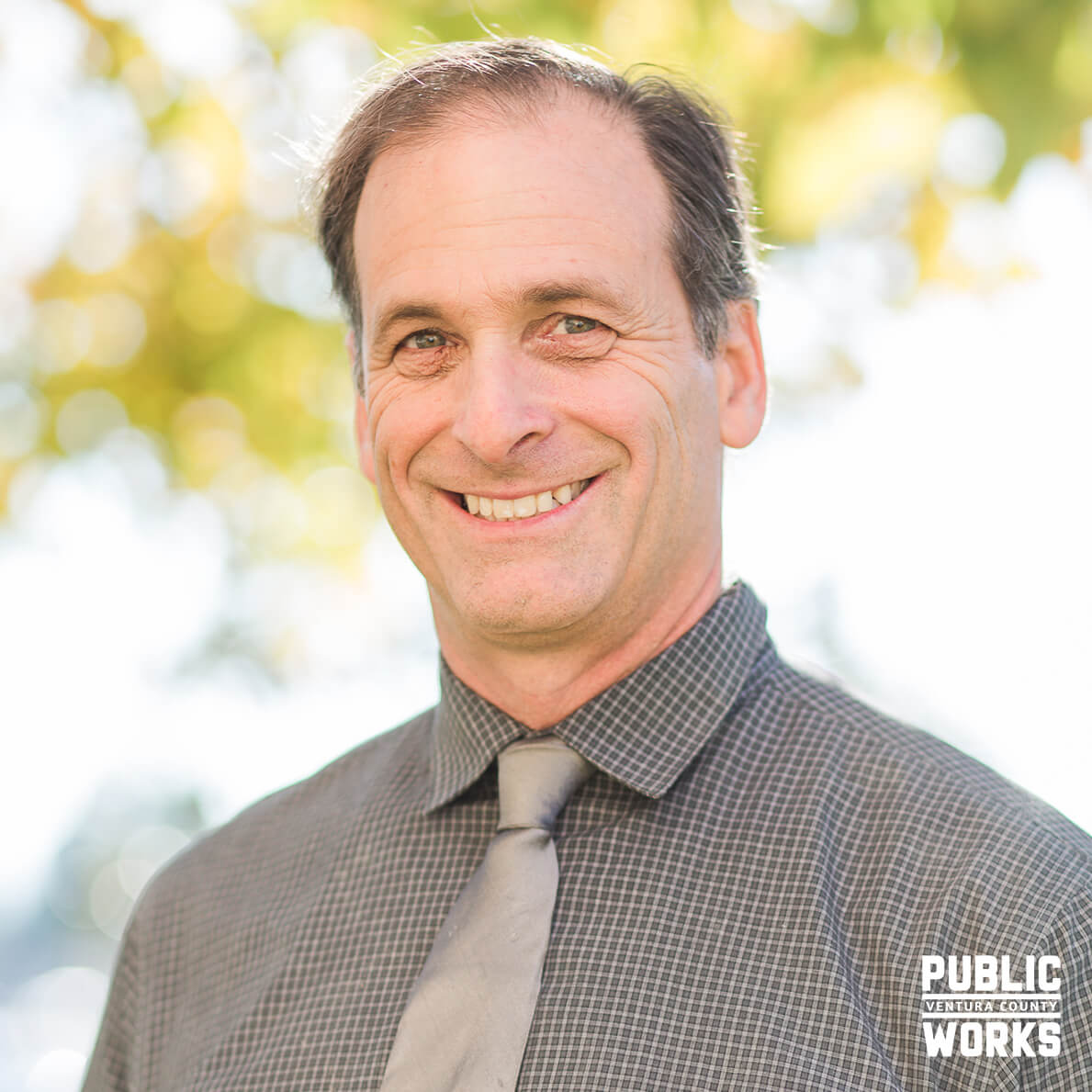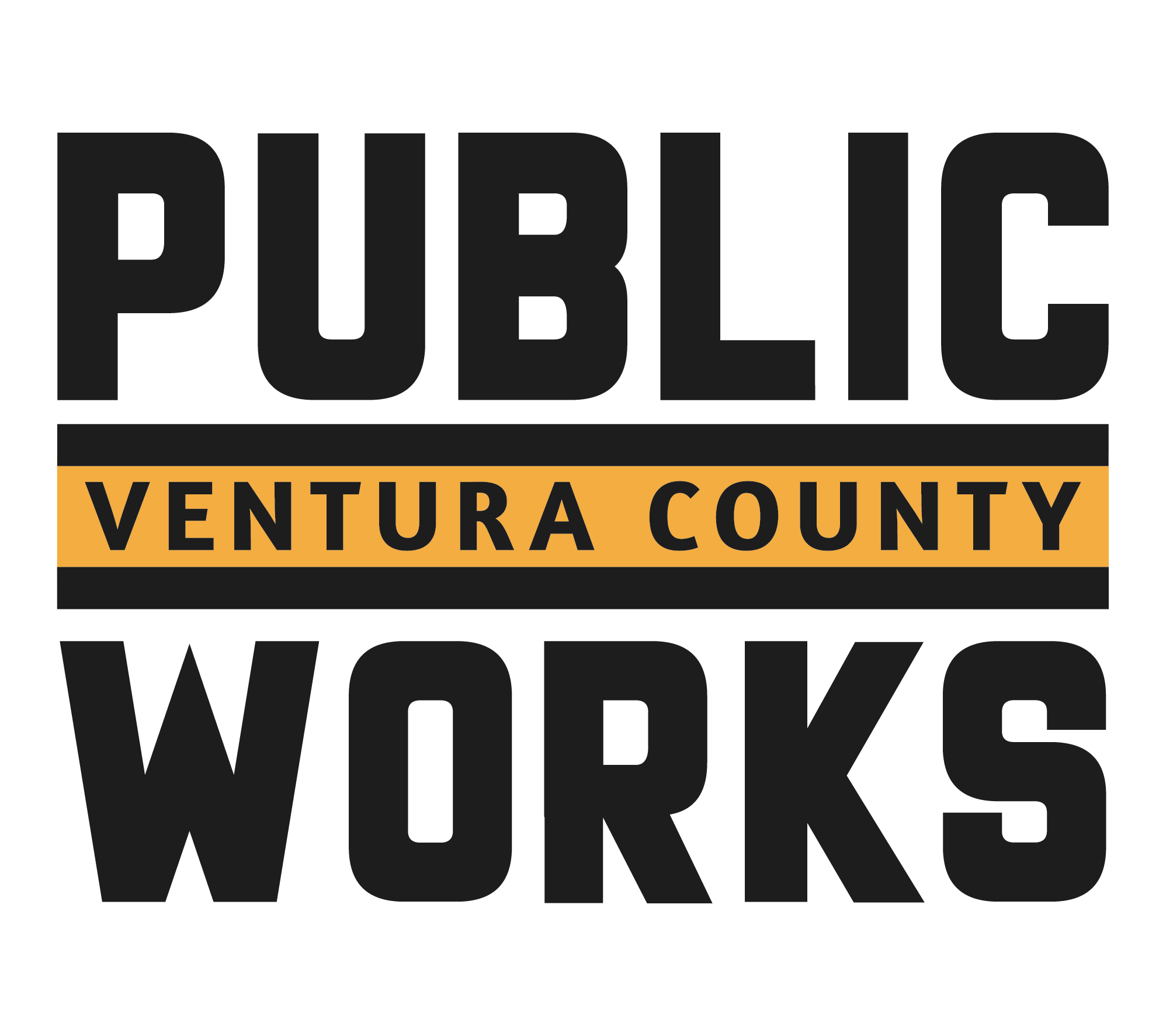VC Star
July 2, 2023
Some items are obviously prone to cause clogs in your home’s pipes or downstream in sewers if you flush them down toilets.
Last November, the Responsible Flushing Alliance, a nonprofit funded mostly by manufacturers of wipe-related products, sponsored a survey of 1,417 respondents and found 97% of them knew feminine hygiene products shouldn’t be flushed, 86% knew about cotton swabs and 79% knew about condoms.
Three-quarters of respondents knew paper towels shouldn’t be put down drains, but less than half identified facial tissues as problematic.
Disturbingly for the alliance, only about a quarter of respondents knew items such as baby wipes, disinfecting wipes and makeup removal wipes should not be flushed. About the same percentage admitted to flushing such wipes in the past year.
Public awareness of other items not mentioned in the survey seems to be even lower, according to Lara Wyss, president of the alliance. For example, dental floss can snag on protrusions in pipes and wrap around other waste, contributing to blockages. Even plastic labels on fruit are unwelcome in sewers. They are often washed down sink drains, which flow to the same place as toilets.
Until talking with Wyss, I was not aware of the growing significance of another item needing public outreach for the no-flush message.
So-called “sheet masks” are serum-soaked cloth face covers with holes for your eyes, nose and mouth. They range in price from a few dollars each to over $50, according to the health, wellness and beauty website Byrdie.
Applying “disposable” sheet masks is a rapidly growing trend, and many people flush the sheets after a single use. Although sheet masks are made of the same type of long fibers that make most wipes non-flushable, sheet masks are not subject to the same labeling requirements as wipes.
Under a California law that took effect July 1, 2022 — and resulted in the alliance dubbing July 1 “Flush Smart Day” — packaging of non-flushable wipes must carry a “do not flush” label and graphic.
But neither the California law nor a similar law being considered on the federal level require the label for sheet masks.
Instead, as I found on the websites of Sephora, Ulta Beauty and others, sheet mask packaging is loaded with claims likely to convey an impression of environmental sensitivity. The Yes To mask, for example, says its blend of 96% “natural ingredients” (mainly tomatoes and salicylic acid) helps clear skin. The Farmacy brand’s packaging claims its hydrating mask, made primarily from coconut gel, increases face
“softness, plumpness, and dewiness.” Other brands promise results such as facial brightening and calm, balanced skin.
At least one brand’s packaging makes a verifiable environmental claim, saying each sheet may be reused three times.
According to Mary Nelson, who retired after 25 years of operating Mary Nelson Skincare in the Ojai Valley, these masks may be an unnecessary waste. “It seems more like a feel-good gimmick … unlikely to do anything long term,” she said.
Instead, she recommends Retin-A, or simply a vitamin A topical application to rejuvenate skin damaged by ultraviolet light. “A good quality product absorbs into the skin,” she said. “No mask required.”
Raising awareness of non-flushable items is important, but according to the alliance’s survey, in the Los Angeles metropolitan area, including Ventura County, over 60% admitted they’d flushed inappropriate items in the past year. The problem, in other words, cannot be solved by just spreading knowledge.
The problem is getting people to care, and the first step is getting people’s attention.
The alliance’s upcoming Flush Smart campaign to inform the public of non-flushable items, ranging from wipes to cat litter and pharmaceuticals, seems engaging enough to make a difference.
The campaign features a clog monster made of wipes that will star in public service announcements and fake movie trailers. The monster’s online persona, @ClogMonster on Twitter, for example, will post sarcastic comments on social media and be a presence on the alliance website.
Perhaps the monster would feel less grumpy about being eliminated if it just applied a soothing sheet mask infused with “natural” ingredients.
David Goldstein, an environmental resource analyst with the Ventura County Public Works Agency, can be reached at 805-658-4312 or david.goldstein@ventura.org.




